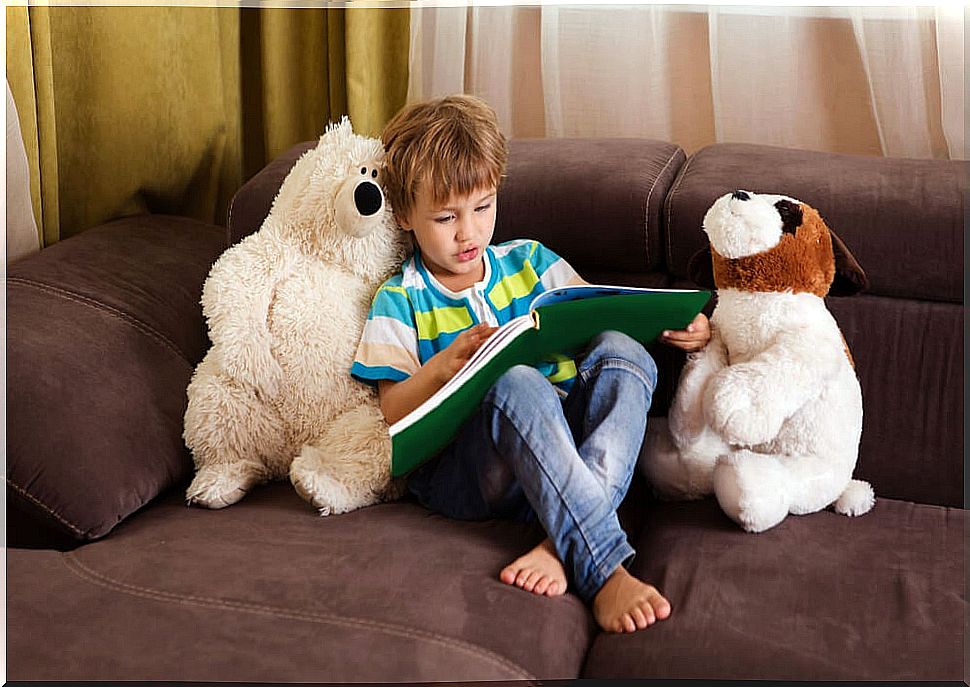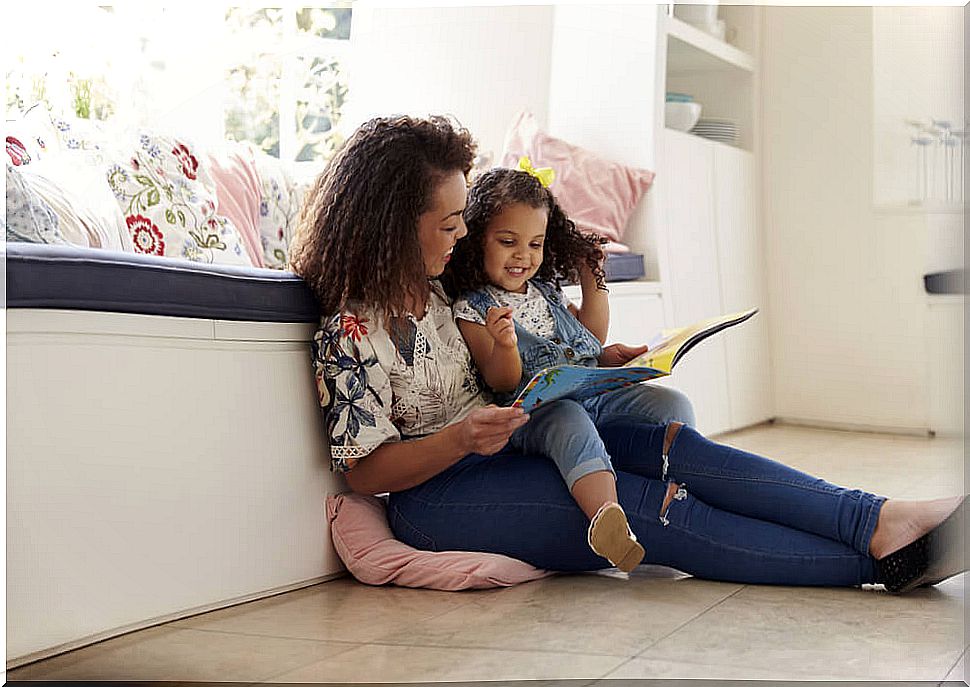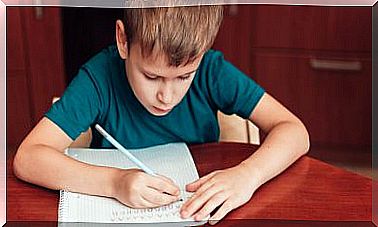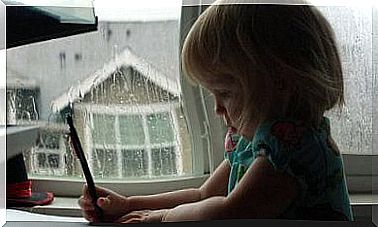7 Strategies To Improve Reading Comprehension In Children

Improving reading comprehension in children is essential for them to have more efficient academic development. The fact that it is difficult for a person to understand what they read causes frustration and apathy with this important habit. We understand by this concept the ability to read a sentence or a text, make sense of it and give it meaning.
If you wonder why your child is performing poorly in school or has problems in certain subjects, you need to assess his reading skills. Fortunately, this skill can be reinforced and improved at home and with the help of children’s teachers. With the right strategies, you can learn to build concepts and navigate through reading levels (literal, inferential, and critical).
How to improve reading comprehension in children?
1. Establish connections and partnerships
When you accompany your child in reading, show him that the concepts are connected to his real life. One of the best tricks to remember what you read and give it value is to see that they have an application. Invite him to identify these relationships verbally and then he can do so silently and more spontaneously and independently.

2. Ask questions to understand texts
If you question your child about the information in the text, you lead him to look for clues. Encourage him to talk to the books and to select the information that is relevant to him.
One of the characteristics of a good reader is that they have the ability to ask questions and seek to resolve them in the text or in alternative sources.
3. Create mental images that facilitate reading comprehension
Texts are not simply papers full of letters; they are universes to discover and to explore. Have the children imagine and reenact the stories through their developed creativity so that they stick in their memories.
A good resource for this is to ask your child to draw the contexts and concepts the way his brain describes them. It is not only read with the eyes, but it is read through the five senses.
4. Make hypotheses about what you read to improve reading comprehension
The literal level of texts is the information that is expressed; it is what can be explored through exact and rote questions. But there is a second level of understanding that invites children to assume the consequences of a situation or to think about the causes of a problem. Ask your child to speculate about what happens in the books he reads.
5. Identify the main elements and categories
It is important that children can identify the essential aspects of a reading. That is, the facts and characters that directly influence the development of the texts they address.
In this sense, it is enriching that you present them with writings full of fiction and adventure and others related to homework. In this way they will learn to identify textual markers such as titles, bold, italics, images and tables of contents.
Other tips to improve reading comprehension in children
6. Reread the fragments that cause confusion
The first reading does not always allow us to interpret all the meanings. On many occasions it is necessary to navigate the same text several times to be able to explore it in its entirety. In each new reading, details are acquired that provide a broader understanding of the writing. Sometimes it is better to do it silently and other times out loud.

7. Check the unknown words
You cannot fully understand a reading if there are words in it that leave gaps. In addition, looking up the definitions and uses of a concept also helps to enrich vocabulary. Dedicated readers are also characterized by their ability to play with definitions in their own textual productions.
As you can conclude after reading this article, strategies to improve reading comprehension in children strengthen all the communication and cognitive skills of your children. She works from home to help them be more successful in their school life and to develop critical thinking about what they read.










